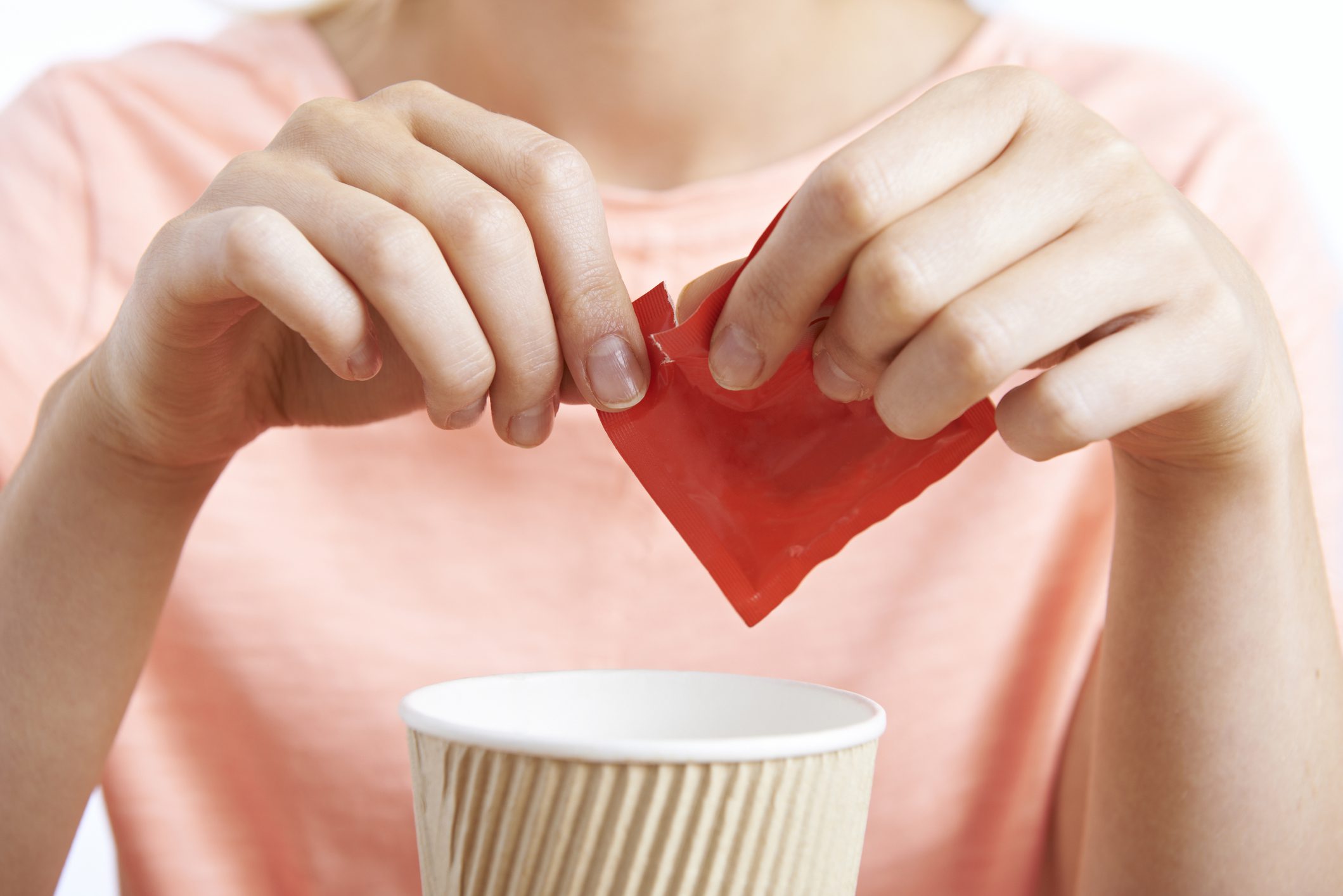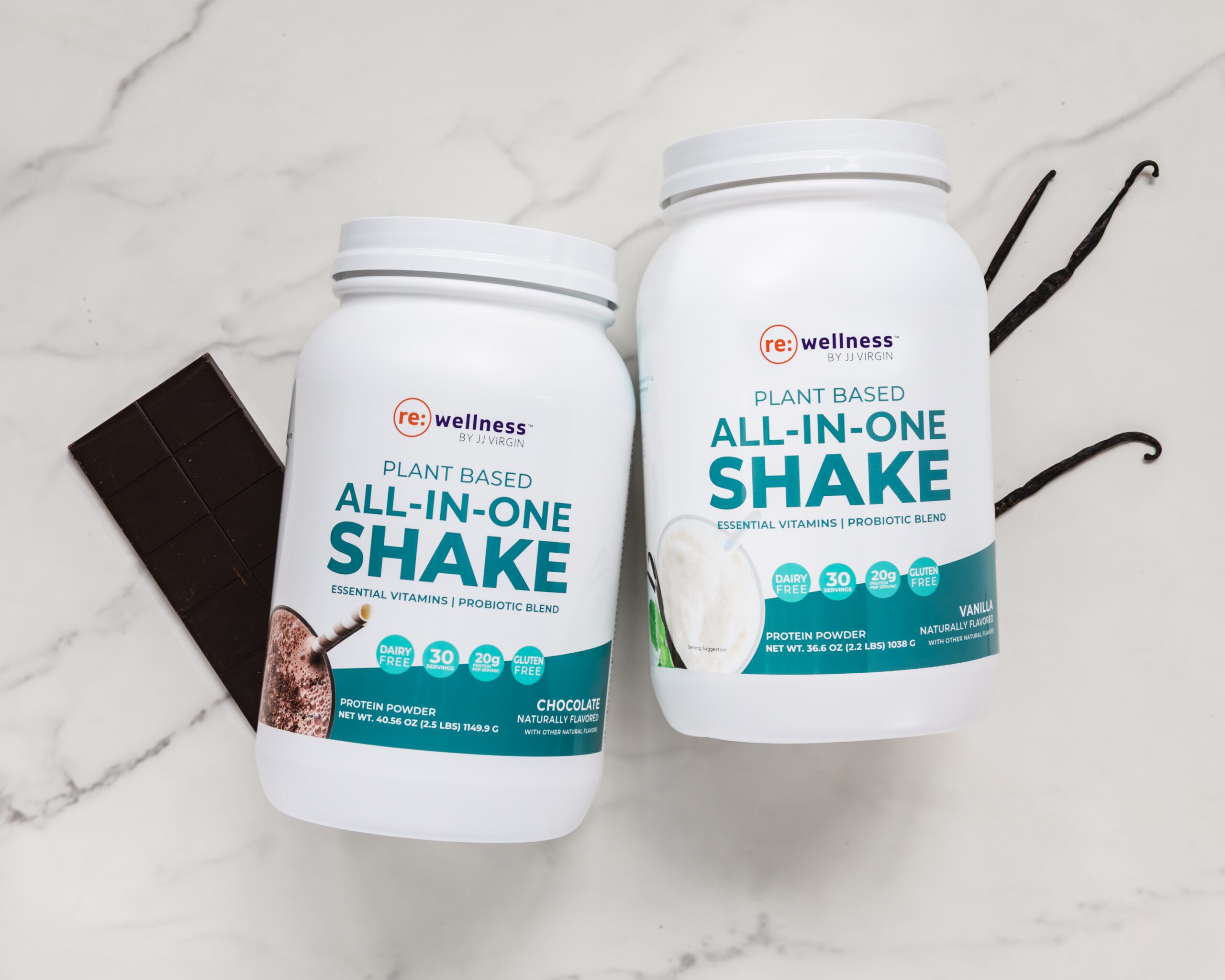Artificial sweeteners have long been a subject of controversy, with debates over their safety and potential health effects. As concerns about sugar consumption and obesity continue to grow, these sugar substitutes have become increasingly popular. However, conflicting studies and sensational headlines often leave people confused about their true impact on our health.
The World Health Organization (WHO) recently claimed that aspartame should be categorized as “possibly carcinogenic to humans.” That conclusion, based on research from WHO’s International Agency for Research on Cancer (IARC), suggests a possible link between this ubiquitous artificial sweetener and liver cancer.
Other organizations, including the US Food and Drug Administration (FDA), quickly stepped in to disagree, claiming that aspartame is safe for humans in small amounts.
The latest sweetener debate recalls a controversial study earlier in 2023 about the sugar alcohol erythritol. From that flawed study (more on that in a minute) came a flurry of clickbait-style articles claiming that people with higher levels of erythritol in their blood had more heart problems than people with lower levels.1
So what’s the truth?
Sugar Alcohols and Artificial Sweeteners Are Not the Same
While they sometimes get lumped together, sugar alcohols and artificial sweeteners are very different. Both have very few (if any) calories, with a sweetness many times more intense than table sugar, but that’s about all they have in common.
Sugar alcohols (xylitol, erythritol, sorbitol, and mannitol) fall under what I call the natural alternative sweeteners categories and are naturally derived from plant sources including berries, fruit, and some vegetables. Artificial sweeteners are a chemistry experiment gone bad.
Sugar alcohols get their name from their chemical structure, which resembles both sugar and alcohol. Various food-safety regulation agencies worldwide (including the FDA and the European Food Safety Authority or EFSA) have approved them for safe use.
Artificial sweeteners (aspartame, sucralose, saccharin, and acesulfame potassium), on the other hand, are synthetic compounds designed to mimic the taste of sugar. They are chemically modified in a lab. Sucralose, for example, is made by chemically modifying table sugar to produce a sweetener about 600 times sweeter than sugar.
While regulatory agencies including the FDA and EFSA argue that artificial sweeteners are safe to use, scientists continue to debate and research about their potential health effects.
To be absolutely clear, I am 100% against artificial sweeteners. But I am also pro-science, and we have no clear evidence to show that they cause cancer in humans.2
Unfortunately, the media sometimes confuses artificial sweeteners with sugar alcohols. That brings me back to that sensationalistic erythritol study from earlier 2023: many media outlets got it wrong, but the research itself had limitations:
One, the initial study didn’t measure how much erythritol people were eating—only the levels in people’s blood. Researchers weren’t clear how much of that blood erythritol came from their own body’s natural production versus from dietary intake.
Two, the study (which only looked at eight participants) provided about 10 times the amount of erythritol that a person would realistically eat.
The study was a mess (you can read my full statement on it here), but that didn’t stop news outlets from hyperbolically proclaiming the supposed evils of erythritol.
The Truth Behind Those Tumor Rumors
When it comes to interpreting scientific studies, journalists often get things wrong. Mainstream media misinterpreting studies about natural alternative sweeteners and creating sensationalistic headlines is nothing new.
Back in 1981, rumors circulated about the sugar alcohol xylitol. The story went that this sugar alcohol caused tumors, based on a study performed on rats.3 (Most studies about sugar alcohols’ effects are performed on lab animals since human testing can be impractical or even unethical.)
Unfortunately, many publications misread this study, claiming xylitol and cancer are linked. What did it actually say? Well, researchers gave rats that already had liver cancer large amounts of xylitol to determine its impact on tumors. The sweetener wasn’t used to induce cancer. Researchers simply wanted to learn more about xylitol for rodents that already had cancer.
They didn’t just give the rats a tiny bit of xylitol either, which is what an average person would consume. Nope, they gave those rats xylitol equal to 10% of their body weight. That’s the equivalent of an average woman eating 12 to 15 pounds of xylitol a day!
Even at these outrageously high amounts, exposure to xylitol didn’t cause any tumor growth. The study only proved that existing cancerous liver cells couldn’t process xylitol as well as healthy liver cells (no surprise there).
Even though no evidence showed xylitol caused cancer, the media ran with the headline, and people believed it.
The Controversial History of Stevia
Xylitol and erythritol weren’t the only natural sweeteners subjected to scrutiny. Stevia, a natural sweetener derived from the leaves of the Stevia rebaudiana plant, had its own controversy back in the 1980s.
For centuries, indigenous communities in South America (particularly Paraguay and Brazil, where the herb is native) have used stevia leaves to sweeten beverages and for medicinal purposes. Stevia eventually gained popularity in America among people who wanted to avoid artificial sweeteners and table sugar, but wanted a zero-calorie, low-glycemic-index sweetener.
Unfortunately, the FDA didn’t share that enthusiasm. In the mid-1980s, researchers conducted an animal study about stevia’s safety. Commissioned by the FDA, the study looked at whether stevia extracts—particularly stevioside, the main compound in stevia leaves—might create mutagenic (genetic material-altering) effects on rats.
Researchers concluded that stevia extracts might damage genetic material (such as DNA), potentially leading to mutations, fertility concerns, and other problems. Based on these findings, the FDA raised concerns about stevia’s safety. In 1991, they banned manufacturers from using stevia in foods. In 1995, they recanted somewhat and allowed the herb, but only as a dietary supplement.
Critics argued that the FDA was heavily influenced by the artificial sweetener industry.3 They also noted that in this study, rats were given very high amounts of stevia extracts—just as with the sugar alcohol studies, far more than any human would consume.
Furthermore, they noted that many other countries, including Japan, had stevia for decades without any reported adverse effects. Interestingly, subsequent studies showed no such safety concerns about stevia extracts when people use them in moderation. In fact, newer research shows that stevia can reduce damaging free radicals and even lower the risk of diabetes.4
Based on the latest research from global authorities showing that stevia is safe for most people, in 2008 the FDA finally granted stevia Generally Recognized as Safe (GRAS) status. 5 This allows manufacturers to use the sweetener in food and beverages. Even so, someone will occasionally ask me if stevia is safe. Old rumors die hard.
Do Artificial Sweeteners Cause Cancer?
So far, I’ve looked at the controversy surrounding sugar alcohols. But artificial sweeteners also carry a turbulent history, including accusations that they can cause cancer. As I mentioned before, we’re not entirely clear about the connection between artificial sweeteners and cancer. The new report by the WHO echoes earlier concerns about artificial sweeteners and their potential risks.
But even “safe” levels of artificial sweeteners can be problematic. Animal and human studies conclude that even the recommended amounts of aspartame may disrupt your body’s antioxidant defense system, contributing to harmful oxidative stress, damaging cell membranes, and creating inflammation.6
Likewise, researchers believe that artificial sweeteners like saccharin and sucralose consumption can create adverse changes in gut bacteria.7
While we don’t have a ton of conclusive evidence, what we do have doesn’t look good at all. Worth repeating: despite what the FDA says, and regardless of the lack of evidence showing they cause cancer in humans, the only safe amount of artificial sweetener is zero. Artificial sweeteners can make you gain weight, wreck your gut, and more.8, 9 And with natural alternatives like stevia and erythritol, why would you even consider using them?
No Free Passes: Use Any Sweetener Cautiously
While small amounts of healthy sweeteners like xylitol, erythritol, and stevia should be fine for most people, they aren’t a free pass to eat as much as you want.
When you eat sweet foods, your body has a built-in sensor that suggests you’re taking in calories. But what about if you consume a lot of artificial sweeteners and sugar alcohols, which are incredibly sweet but have few if any calories? Over time, your sensor can become broken, or what we call caloric dysregulation. Your brain thinks it’s perfectly acceptable to gorge on super-sweet foods.
The key is not to condition your palate to expect sweetness at every meal. Overdoing sugar alcohols can also create digestive upset, and using too much stevia will create a very bitter, unpleasant aftertaste.
When it comes to buying stevia or sugar alcohols, read ingredients closely. Many commercial brands add corn, lactose (dairy), and/ or other bulking agents. Ideally, you want a sweetener that contains just that ingredient and nothing more.
Breaking Free of Sugar Addiction
If you’ve been trapped on the sweetener roller coaster for years or decades, getting off can feel daunting. The Sugar Impact Diet can give you a total sugar reset. I help you identify the many ways sugars are sneaking into your diet, increasing your cravings, causing your energy levels to crash, and greatly impacting your overall health and well-being.*
By eliminating the sugar in its many forms and training your brain to savor all of life’s incredible natural flavors, you’ll be able to move forward with smart diet choices that keep off stubborn weight, increase your energy levels, and boost your health.*
References:
- Witkowski M, Nemet I, Alamri H, Wilcox J, Gupta N, Nimer N, Haghikia A, Li XS, Wu Y, Saha PP, Demuth I, König M, Steinhagen-Thiessen E, Cajka T, Fiehn O, Landmesser U, Tang WHW, Hazen SL. The artificial sweetener erythritol and cardiovascular event risk. Nat Med. 2023 Mar;29(3):710-718. doi: 10.1038/s41591-023-02223-9. Epub 2023 Feb 27. PMID: 36849732; PMCID: PMC10334259.
- National Cancer Institute: Artificial Sweeteners and Cancer – NCI
- Sato J, Wang YM, van Eys J. Metabolism of xylitol and glucose in rats bearing hepatocellular. Cancer Res. 1981 Aug;41(8):3192-9. PMID: 7248974.
- The Christian Science Monitor: Bitter dispute over an all-natural sweetener
- Food Insight: Everything You Need to Know About Stevia Sweeteners
- Patel S, Navale A. The Natural Sweetener Stevia: An Updated Review on its Phytochemistry, Health Benefits, and Anti-diabetic study. Curr Diabetes Rev. 2023 May 1. doi: 10.2174/1573399819666230501210803. Epub ahead of print. PMID: 37138480.
- Choudhary AK, Pretorius E. Revisiting the safety of aspartame. Nutr Rev. 2017 Sep 1;75(9):718-730. doi: 10.1093/nutrit/nux035. Erratum in: Nutr Rev. 2018 Apr 1;76(4):301. Erratum in: Nutr Rev. 2018 Nov 1;76(11):860. PMID: 28938797.
- Del Pozo S, Gómez-Martínez S, Díaz LE, Nova E, Urrialde R, Marcos A. Potential Effects of Sucralose and Saccharin on Gut Microbiota: A Review. Nutrients. 2022 Apr 18;14(8):1682. doi: 10.3390/nu14081682. PMID: 35458244; PMCID: PMC9029443.
- Yang Q. Gain weight by “going diet?” Artificial sweeteners and the neurobiology of sugar cravings: Neuroscience 2010. Yale J Biol Med. 2010 Jun;83(2):101-8. PMID: 20589192; PMCID: PMC2892765.
*These statements have not been evaluated by the Food & Drug Administration. Products mentioned are not intended to diagnose, treat, cure, or prevent any disease. The views in this blog by JJ Virgin should never be used as a substitute for professional medical advice. Please work with a healthcare practitioner concerning any medical problem or concern.





